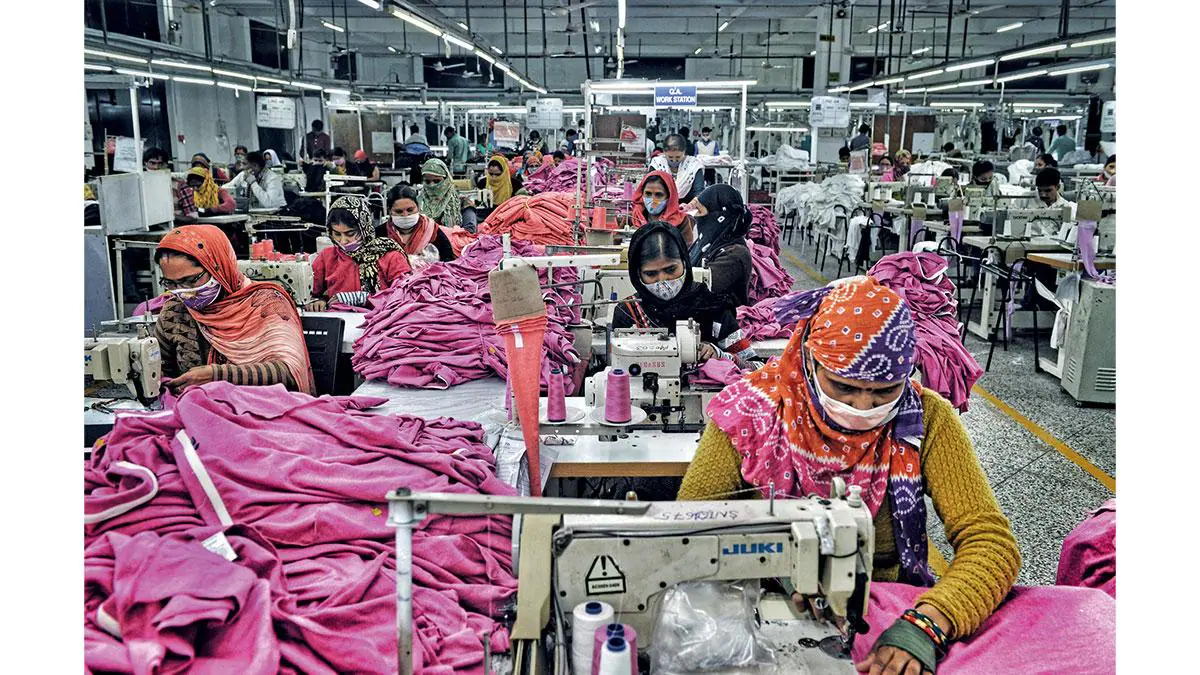Apparel exporters are concerned about a drop in exports to the United States, their largest market, as stores report low footfalls and customers become more cautious about discretionary spending on clothing in the face of record-high inflation. Due to the continuous economic recession, US apparel companies have already experienced major sales declines in the second quarter (April-June) of 2022. According to industry sources, big US purchasers such as Walmart, Target, The Children’s Place, Costco, TJX, and Kohl’s are cancelling orders due to plummeting clothing demand in the US. Other buyers are either reducing their orders or requesting a halt to ongoing manufacturing.
Shahidullah Azim, vice-president of Bangladesh Garment Manufacturers and Exporters Association (BGMEA), told The Business Standard that practically all buyers are now asking deferred delivery, and a few are cancelling orders. “This circumstance is inescapable, but we know how to deal with it,” he continued. He went on to say that purchasers are now focusing on minimising their reliance on the US and EU markets. He stated that Asian countries will be alternative markets for Bangladesh, noting that apparel manufacturers had good growth in Indian, Japanese, and Korean markets in the previous fiscal year.
The BGMEA has plans to arrange a single-country expo to find out new buyers, he added. Mentioning that Gulf countries also have the same potential, Shahidullah Azim said buyers are also planning to participate in two expos in Saudi Arabia and Dubai this year. FazlulHoque, managing director of Plummy Fashions Ltd – the world’s highest rated green knitwear factory, said, “To reduce dependence on two large markets is very important for the industry’s survival. “We are looking for a new market to diversify the export destinations. We have confirmed a new buyer in Brazil.” But not just in Brazil, there is also scope to gain a foothold in the South American market, said FazlulHoque, a former president of Bangladesh Knitwear Manufacturers and Exporters Association (BKMEA). BKMEA Executive President Mohammad Hatem said the whole situation is getting worse due to global high inflation. “Buyers are not placing new orders, but despite that we are hopeful about going back to business after Christmas, as knitwear apparel is a mandatory item at any time,” he noted. He also said the industry now has to invest more in research and development to produce more low-cost fabric as people’s buying capacity is going down due to inflation; on the other hand, raw material prices have hiked at least 30% in the last one year.

